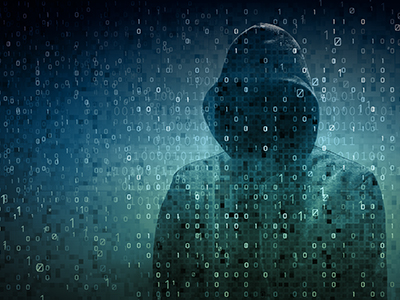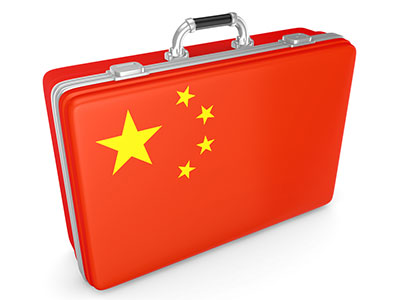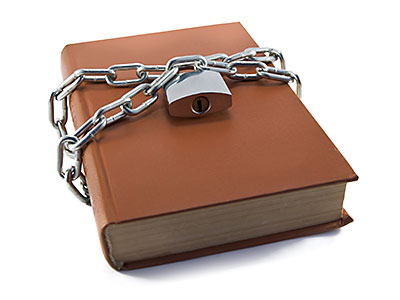A 22-year-old Canadian hacker has been sentenced to federal prison by a Delaware court for engaging in a conspiracy to break into the computer networks of several large gaming companies, to steal trade secret and other information related to unreleased products, and to commit criminal copyright infringement. According to the Government’s Sentencing Memorandum, David Pokora of Ontario, sentenced last Thursday was “a leading member in an international computer hacking ring . . . that committed numerous unlawful intrusions into the computer networks of various technology companies involved in the $22 billion-dollar video gaming industry.” The conspiracy’s victims included Microsoft, Epic Games (which develops the highly popular “Gears of War” series), and Activision Blizzard (which published, among many other successful games, “Call of Duty: Modern Warfare 3”). READ MORE
First Foreign Hacker Is Convicted In The United States Of Hacking Crimes Involving Theft Of Trade Secrets From American Companies








